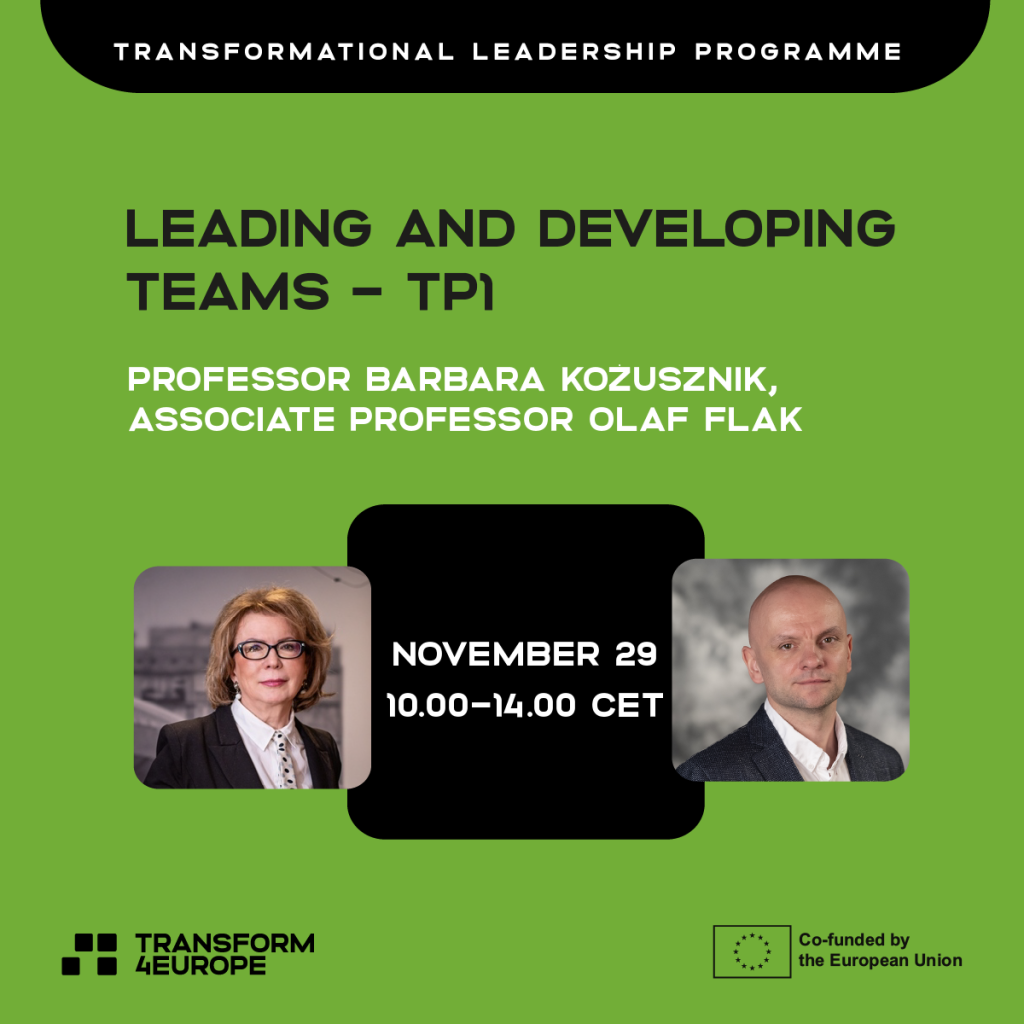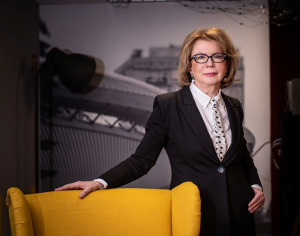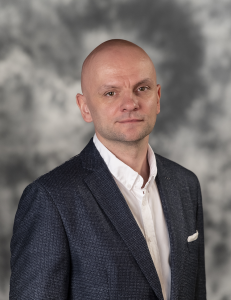T4EU Transformational Leadership Programme
First webinar within the Transformational Leadership Programme
29 November 2024 | University of Silesia, Poland
About
The Transform4Europe Alliance invites academic staff holding top and middle managerial position at the universities (i.e. deans, vice-deans, heads of doctoral schools, heads of institutes, degree programme directors etc.) of T4EU universities to participate in the Transformational Leadership Programme’s first webinar (TP1), which will take place on 29 November 2024. The webinars will be delivered on the “MS Teams” platform and held in English.
The webinar will cater to and foster various managerial skills and will gain knowledge about the differences between a group and a team. The participants will learn to identify the stages in the team life cycle and understand the benefits of building a team and see the factors that create synergistic effect. During the webinar they define the principles of team leadership based on key research competences. They will use online tools to assess research and leader competences.
We encourage you to take advantage of this opportunity and register for the webinar to further develop your leadership competencies.
„Leading and developing teams“ – TP1
November 29 (Friday), 10.00–14.00 CET. MS Teams. Registration link
Lecturers – Barbara Kożusznik, (University of Silesia in Katowice), Olaf Flak (Jan Kochanowski University, Kielce, Poland)
Graduated MA in psychology University of Silesia in Katowice, Poland, in 1981 received Ph.D. Psychology, University of Silesia Katowice, Poland, in 1996 received Habilitation, Psychology, Catholic University of Lublin, Poland, in 2006 awarded Full Professor, psychology, by President of PR.
She gained work experience as a Director School of Management, University of Silesia 1995-2019, Professor, Institute of Psychology, University of Silesia, Katowice 1997 till now, Vice-Rector for Cooperation and Promotion University of Silesia 2005-2008, Vice-Rector for Students Affairs, Promotion and International Cooperation 2008-2012, Elected City-Counsellor in Katowice 2006-2010, Director of the Interdisciplinary Centre for Staff Development at University of Silesia 2019-till now.
She is interested in leadership and teamwork, made contributions to understanding the concept of a team (team subjectivity) and antecedents of team efficiency not only on the individual level but also on the collective level. The main directions of scientific activity are focused on the issues of psychology of organization and management, the effectiveness of the work of the manager and leadership styles, as well as the issues of the effectiveness of the functioning of employee teams and social influence in the organization, as well as the practical application of research results to the practice of management.
Graduated from the University of Economics in Katowice (Management direction) and the Silesian University of Technology (Electronics and Telecommunications direction). Gained professional experience at Ford Motor Company in Cologne and ING Bank Śląski. For 5 years worked for the recruitment portal Pracuj.pl. For 6 years he was Vice Dean for Organization and Internationalization at the K. Kieslowski Film School (University of Silesia in Katowice).
An associate professor in management sciences, an electronics engineer and a business trainer. He has always been interested in robotics, and for the past 15 years he has been involved in the search for a way to construct an artificial manager. He is the creator of online managerial tools on the TransistorsHead.com platform, aimed at monitoring manager’s performance and determining their behavior patterns, and then automating them and replacing the human manager with an artificial manager. He writes a blog ArtificialManagers.com on team management automation and artificial management. He trains how to use managerial techniques and tools in team and project management as well as how to use them to increase self-efficiency as a manager.
MAIN CONTENTS
Section1:
A simulation showing the difference between group and team work. Participants have to solve an unusual problem in three ways: independently, independently combining the results of their work with others, and together. During the simulation, the participants, with the help of a specific numerical effect, learn the differences between a group and a team. This helps them understand what the synergistic effect is and the key factors for team effectiveness and performance.
Section 2:
Participant will check their own research and leader competences to get knowledge of what social and professional competencies determine your scientific development. They will match tasks to their strengths and avoid those that will be difficult to perform. They will plan specific paths for the development of competencies and actively manage them.




 ResearchGate profile
ResearchGate profile